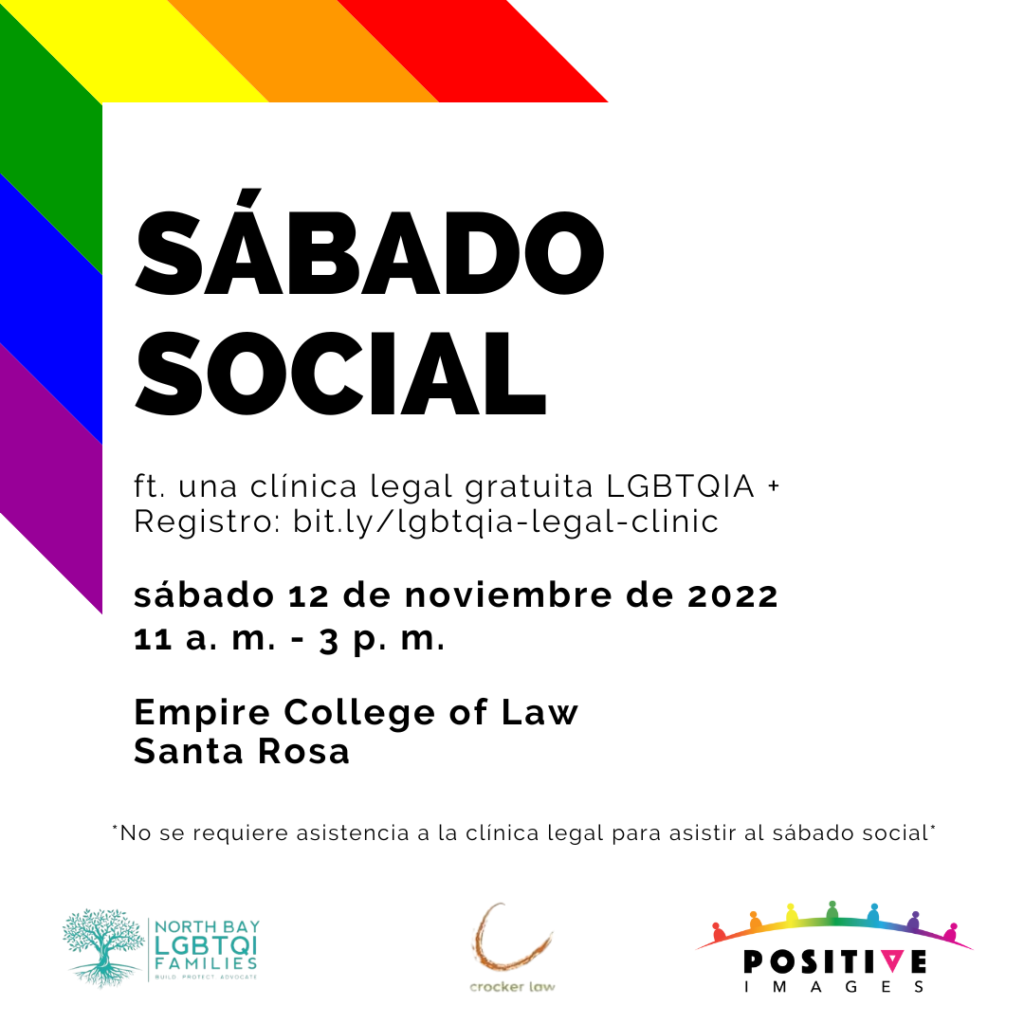Glynda Carr has devoted her life to helping progressive Black women gain political power.
As co-founder and president of the organization Higher Heights, she has worked for over a decade to help Black women get elected to positions across the country.
ADVERTISING
The organization offers training for those interested in running for office or working on campaigns at every level, from school board to Senator. The connected federal PAC, Higher Heights for America PAC, focuses on supporting Black women running at the federal level, for statewide executive roles, and for mayor of the top 100 cities.
Carr describes Higher Heights as “a political home for Black women” and a place to “collectively harness our political power from the voting booth to elected office.”
In the midterms, Higher Heights for America PAC has endorsed Odessa Kelly, who could become the first out gay Black woman in Congress.
Kelly, a progressive Democrat and local organizer, is running in Tennessee’s 7th Congressional District. Her Trump-endorsed opponent, incumbent Rep. Mark Green (R), has called being transgender a disease and was one of the Republicans who voted to overturn the results of the 2020 presidential election.
Green has represented the district since 2019, but Carr said Kelly is “running a very solid race.”
“She has nationalized this race, as oftentimes Black women have done,” Carr said.
“We’re excited about Odessa because her story translates across this country… She is running in the deep South. She is a young activist and someone that has been active and engaged in her community.”
Kelly was running in the 5th Congressional District before switching to the 7th earlier this year due to redistricting efforts that both Kelly and Green have called unfair.
While Green did not explain why he believed the new lines were unfair, Kelly told Tennessee Lookout that the new districts spliced up Nashville “in an effort to suppress the Black vote.”
In a 2021 interview with LGBTQ Nation, Kelly said she was running for office because she “needed to.”
“I couldn’t sleep at night thinking about the impact of what this seat has on not just the community here in Nashville, but the collective impact that someone in a congressional seat has across the country.”
A Nashville native, Kelly grew up in a working-class neighborhood and spent fourteen years working for the city’s parks and recreation department, where she was eventually forced to work part-time due to budget cuts. While there, she witnessed the families she worked with struggle to obtain healthcare, pay rent, and put food on the table.
“I was bothered by the fact that we have public policies that trap people into poverty instead of building pathways out of poverty,” she said.
This frustration led Kelly to become the co-founder and executive director of Stand Up Nashville, a nonprofit that focuses on racial and social justice work through an economic lens. Her work is well-known in the Nashville community.
Carr touted Kelly’s deep understanding of the issues facing her community, her ability to connect with voters, and her intersectional identities.
“Decision-making tables, may they be corporate tables, nonprofit tables, or elected office, those decision-making tables make better decisions when they are diverse. That’s not only based on race, gender, political ideology, but lived experience, and so we’re excited about Odessa because her story translates across this country.”
Carr added that Higher Heights has been focused on creating a culture shift around the way Black women candidates are perceived and talked about.
“Some of our biggest success has been creating the environment for Black women to vote, run, win, and lead. A lot of our culture shift work and our narrative work has been around making sure there is space to talk about Black women’s political power and Black women’s leadership.”
Carr’s most important message: Vote.
For the midterm elections on November 8, voters can visit Higher Heights for America PAC’s #BlackWomenRun Database – a comprehensive guide to the over 500 Black women running for state and federal office across the country.
“Our day-to-day lives are tied to public policies, from the regulation of our food to if there’s a street light in the front of your house,” Carr said.
“When you sit out of an election cycle, you actually are contributing. That ‘no’ vote contributes to who is representing you. So the charge is for us to be informed voters, to hold our elected officials and those asking for our votes accountable, and to be prepared not only to vote but to organize our house, our block, our church, our sorority.”
“We can do that by electing representatives that will help make our democracy truly look reflective of the American tapestry, and that’s by electing more women, more candidates of color, and for us, helping to elect more Black women across this country in 2022.”
